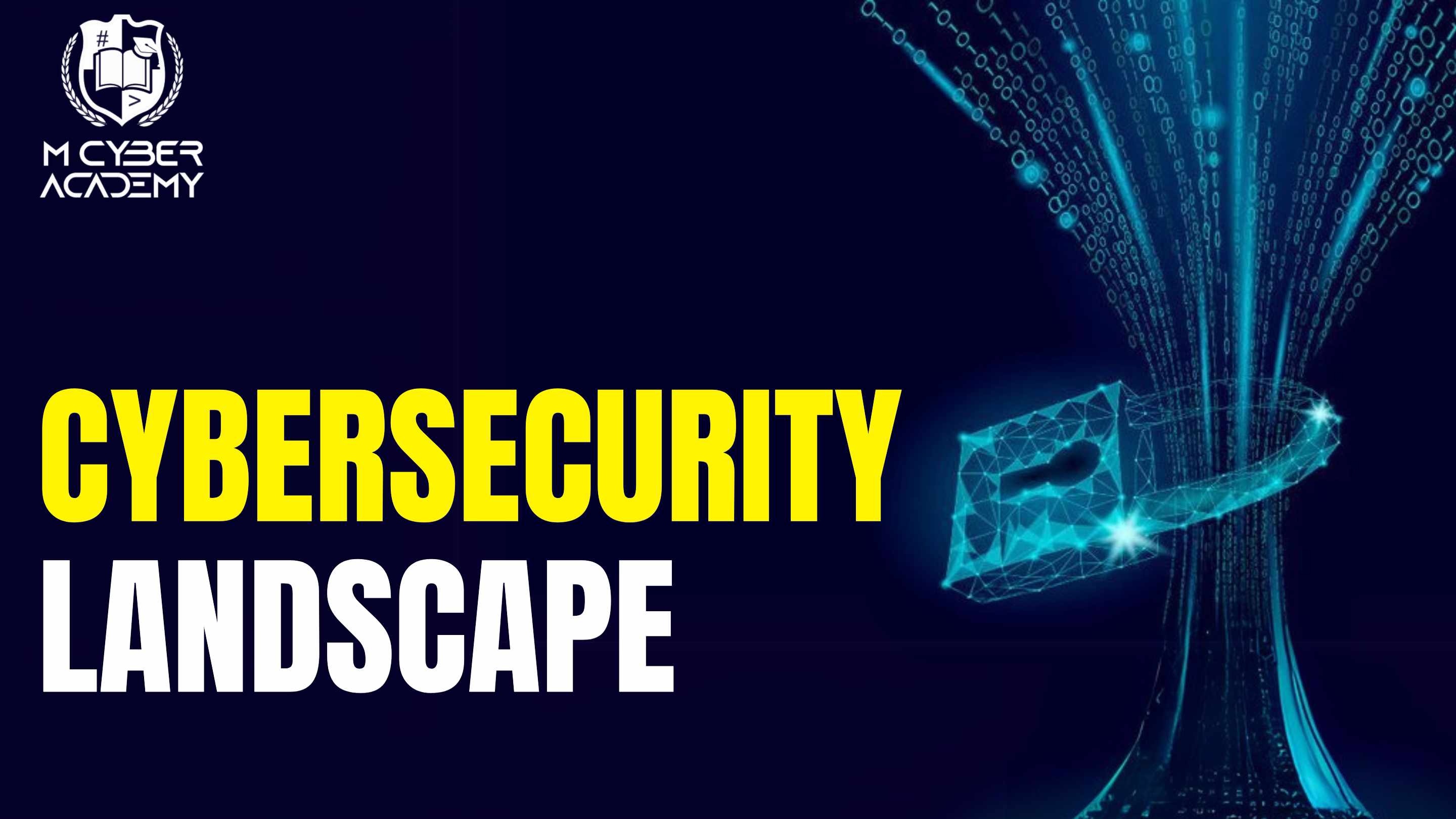
Building a Career in Cybersecurity- Courses, Certifications, and Opportunities in 2025
"Explore essential cybersecurity courses, certifications like CEH, ethical hacking, penetration testing, and digital forensics to kickstart your career in 2025. Learn about Linux, cloud security, and network defense."
Building a Career in Cybersecurity: Courses, Certifications, and Opportunities in 2025

With the rapid advancement of technology, cybersecurity has become one of the most critical concerns for businesses, governments, and individuals alike. As cyberattacks evolve in complexity and frequency, the need for skilled cybersecurity professionals continues to grow. In 2025, the demand for experts in areas such as ethical hacking, digital forensics, cyber crime investigation, and network security is expected to surge, making it a promising time to pursue a career in this field.
This blog will delve into how to navigate this dynamic field, the essential courses and certifications, and the growing opportunities for cybersecurity professionals in the coming years.
Why Cybersecurity is the Career of the Future
Cybersecurity encompasses a wide range of disciplines, each vital for protecting digital assets and preventing security breaches. From safeguarding computer systems to investigating cybercrimes, the role of cybersecurity experts is to protect data, networks, and online privacy.
As technology continues to integrate into every part of daily life, the cyber security threats businesses and individuals face are also increasing. Cyber crime investigations have become a top priority, with hackers using increasingly sophisticated techniques to infiltrate systems. The rise of social engineering attacks—which manipulate human behavior to gain unauthorized access to sensitive information—has made ethical hacking and digital forensics even more crucial.
In response to this surge in cyber threats, governments and organizations are increasingly investing in cybersecurity to defend against phishing, ransomware, malware, and other forms of attack. This creates a growing demand for skilled professionals across various specialized areas of cybersecurity.
Key Courses to Kickstart Your Cybersecurity Career
1. Cybersecurity Courses After 12th: Getting Started Early
For high school graduates interested in cybersecurity, pursuing specialized cyber security courses after 12th is a smart choice. These courses typically introduce foundational concepts like computer networking, data protection, firewall management, and system administration. Many institutions offer diploma and certification programs in ethical hacking, network security, and digital forensics for those who want to begin their cybersecurity journey. Online platforms also provide convenient ways to get started with cyber security training online. These courses cover a wide range of topics and can be a great introduction to the world of cybersecurity.
2. Ethical Hacking and Certified Ethical Hacker (CEH)
Ethical hackers are trained professionals who use their skills to identify vulnerabilities in systems, networks, and applications before malicious hackers can exploit them. One of the most respected certifications in the industry is the Certified Ethical Hacker (CEH).
Pursuing a CEH certified ethical hacker course equips individuals with the necessary skills to understand hacking techniques and use them to strengthen security. Ethical hackers play an essential role in preventing data breaches and cybercrimes, and organizations are willing to pay top dollar for this expertise.
In India, numerous training centers offer certified ethical hacking courses, providing hands-on experiences with industry-standard tools like Kali Linux. These courses not only teach hacking techniques but also cover legal and ethical aspects, ensuring professionals know how to apply their knowledge responsibly.
3. Advanced Penetration Testing
One of the most specialized and advanced roles in cybersecurity is penetration testing. Penetration testers, also known as ethical hackers, perform simulated attacks on networks, websites, and applications to discover vulnerabilities and prevent potential threats. Advanced penetration testing involves using sophisticated techniques to gain unauthorized access to systems, enabling professionals to evaluate their security protocols. A specialized advance penetration testing course will teach you how to use a range of tools and techniques for testing network security and identifying weaknesses in firewalls, routers, and servers. Additionally, network penetration testing focuses specifically on vulnerabilities within network infrastructure. Those skilled in this area are instrumental in defending organizations from external cyber threats.
4. Digital Forensics: Investigating Cybercrimes
The role of digital forensics experts is vital in solving cybercrimes. These professionals collect, analyze, and preserve evidence from computers, smartphones, and other digital devices to determine how a cyberattack occurred and identify the perpetrators. Digital forensics is a fascinating field that combines cybersecurity skills with investigative techniques. A cyber crime investigation course in digital forensics will teach you how to trace the origins of cyberattacks, interpret digital evidence, and use tools to analyze and preserve data for legal purposes. Computer forensics courses often include real-world case studies to help you better understand how digital evidence can be applied in criminal investigations.
5. Python, Linux, and Programming Skills
A strong understanding of programming languages and operating systems is essential for a successful career in cybersecurity. Python programming is particularly valuable for writing scripts to automate tasks, create security tools, and conduct vulnerability assessments. Linux, the open-source operating system, is widely used in the cybersecurity industry due to its flexibility and security features. Many professionals in penetration testing and ethical hacking prefer Linux-based tools. To become proficient, consider taking a Linux course or obtaining a Linux Foundation certification. In addition, gaining expertise in Kali Linux, a distribution designed for penetration testing, can significantly enhance your skill set. A Kali Linux certification course provides hands-on experience with essential tools like Metasploit, Nmap, and Wireshark.
Specialized Areas in Cybersecurity
- Cloud Data Security: As more companies move their data to the cloud, cloud data security has become a major concern. Professionals specializing in this field ensure that cloud-based systems are secure from cyberattacks and help organizations protect their data in cloud environments. This area is gaining traction, and learning about cloud security best practices and tools is critical for future cybersecurity professionals.
- White Hat Hacking: White hat hacking refers to ethical hacking performed by professionals who have permission to test systems for vulnerabilities. These individuals use the same techniques as malicious hackers but with the goal of improving security. A white hat hacking course teaches you to think like a hacker and develop the skills to protect systems from attacks
- Social Engineering Defense: Social engineering attacks rely on manipulating people into divulging confidential information or performing actions that compromise security. Understanding these tactics and knowing how to defend against them is an essential skill for any cybersecurity professional. Ethical hacking courses often cover social engineering attacks, teaching you how to recognize and counteract these deceptive strategies.
The Growing Demand for Cybersecurity Experts
As cyber threats evolve, businesses are increasingly looking for cybersecurity experts who can stay one step ahead of hackers. The job market for cybersecurity professionals is booming, with positions available across various industries, including finance, healthcare, and government. In 2025, the need for experts in ethical hacking, penetration testing, digital forensics, and network security is expected to reach new heights. The increasing sophistication of cybercrime, combined with the growing reliance on digital technologies, ensures that cybersecurity will remain a highly rewarding field for years to come .
Final Thoughts
A career in cybersecurity is not just about technical expertise—it's about staying ahead of cybercriminals and protecting critical data in an increasingly connected world. Whether you're interested in ethical hacking, digital forensics, network security, or cloud data security, there are many paths you can take to build a successful career. From cybersecurity courses after 12th to advanced penetration testing certifications and specialized training in Kali Linux and social engineering defenses, the opportunities to grow and specialize are vast. The future of cybersecurity is bright, and now is the perfect time to embark on a journey to become a cybersecurity expert. Start your career with the right courses, certifications, and training, and you'll be well-equipped to help organizations secure their digital future in 2025 and beyond.